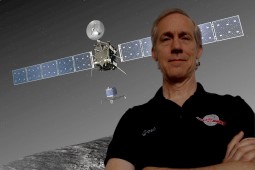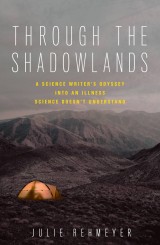 We offer two feature interviews on today’s show.
We offer two feature interviews on today’s show.
Chronic Fatigue Syndrome (start time: 11:49) Imagine spending years waking up so sore and fatigued many mornings that you can barely move. And traversing the country to find doctors who could offer a clear diagnosis, only to find out they don’t really know. And feeling your friendships and professional relationships start to fray, as people question whether you’re making up your illness. For those who have suffered from chronic fatigue syndrome (CFS, or ME), or a similar disease, Julie Rehmeyer’s story may sound painfully familiar. The science and math writer talks with host Susan Moran about her new book about the illness, called Through the Shadowlands: A Science Writer’s Odyssey Into an Illness Science Doesn’t Understand. Rehmeyer will speak about her book on Thursday at 7:30 p.m. at the Boulder Book Store.
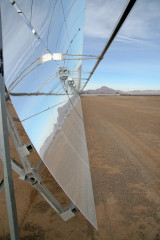
Renewable Energy Debate (start time: 3:20): A bitter scientific debate, as reported in the Washington Post, has surfaced among two scientific groups that are both pushing to decarbonize U.S. electricity generation. On one side are experts such as Boulder mathematician Christopher Clack, who contends in a new analysis that the U.S. can cut its carbon emissions by nearly 80%, using existing technologies, by 2030. On the other side of this feud is Mark Jacobson, an atmospheric scientist and engineer at Stanford University. He claims the nation can move to 100% renewable energy by 2055. This week, in a peer-reviewed analysis published in the Proceedings of the National Academies of Sciences, Clack and colleagues call Jacobson’s vision of 100% renewables unrealistic, and says his calculations and modeling are full of errors. Jacobson and his group have countered Clack et al’s analysis is full of errors. Dr. Clack, founder of Vibrant Clean Energy and with NOAA and the University of Colorado Boulder when he conducted this research, talks with host Shelley Schlender about the science, the debate, and what it means for the pursuit of clean energy.
Hosts: Susan Moran, Shelley Schlender
Producer: Susan Moran
Engineers: Maeve Conran, Shelley Schlender
Executive Producer: Susan Moran
Listen here to the show:
Podcast: Play in new window | Download (Duration: 27:40 — 25.3MB)
Subscribe: RSS




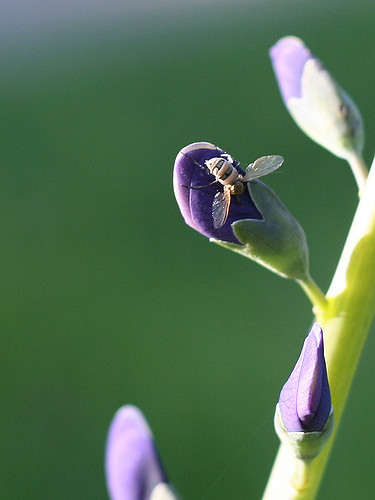
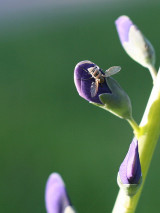
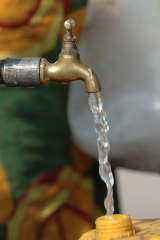 Testing Drinking Water (start time: 14:00): Two years ago Flint, Mich., turned the issue of lead in
Testing Drinking Water (start time: 14:00): Two years ago Flint, Mich., turned the issue of lead in 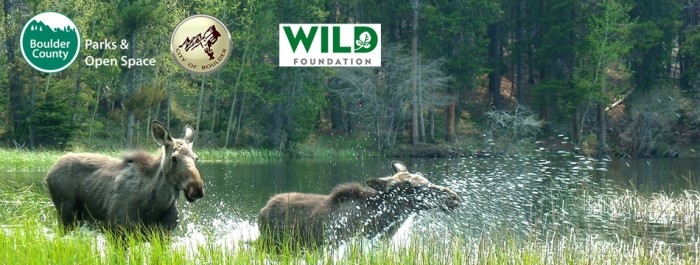

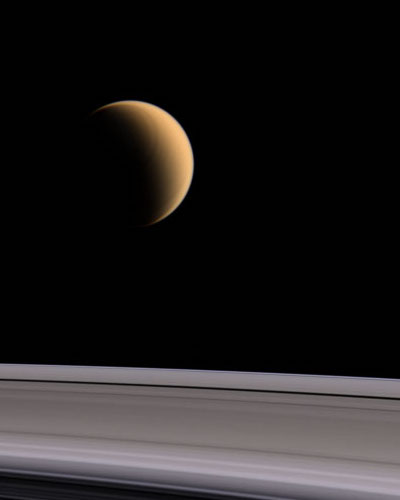

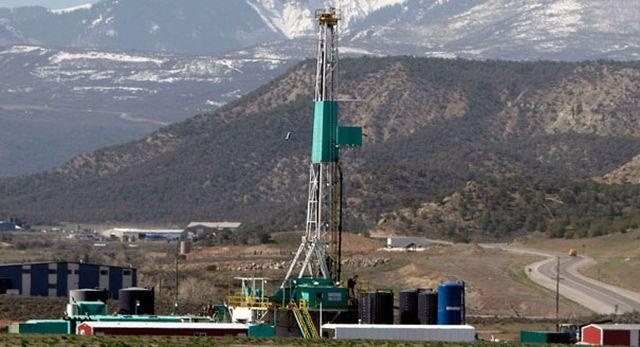


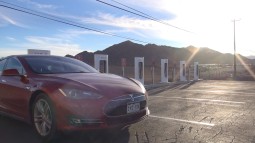
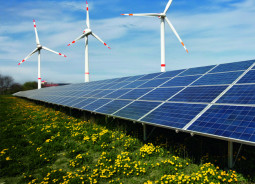
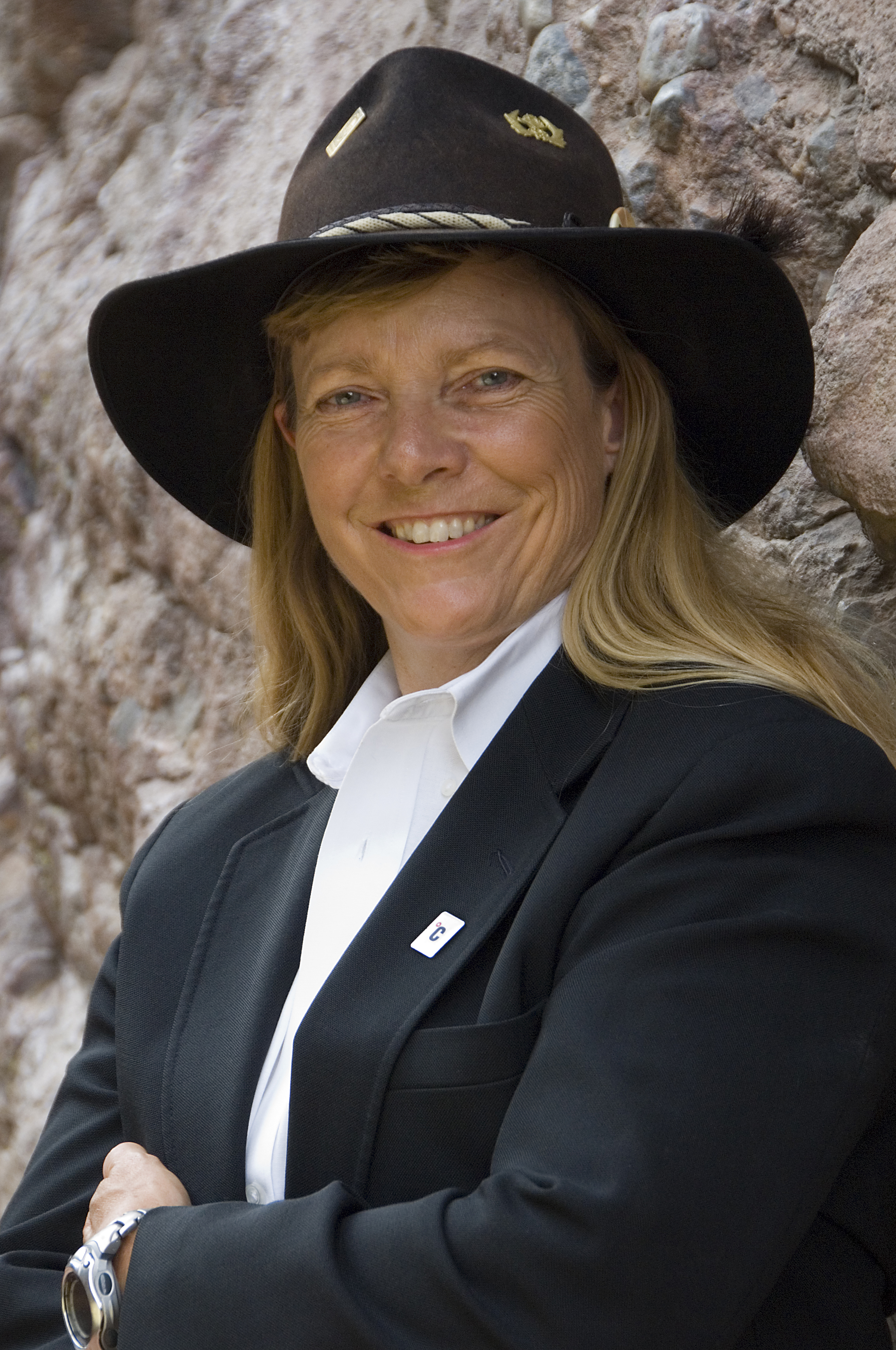
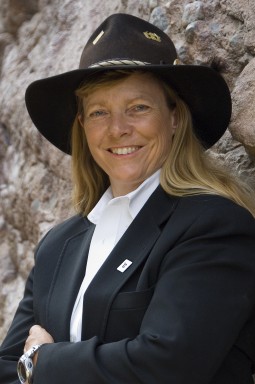
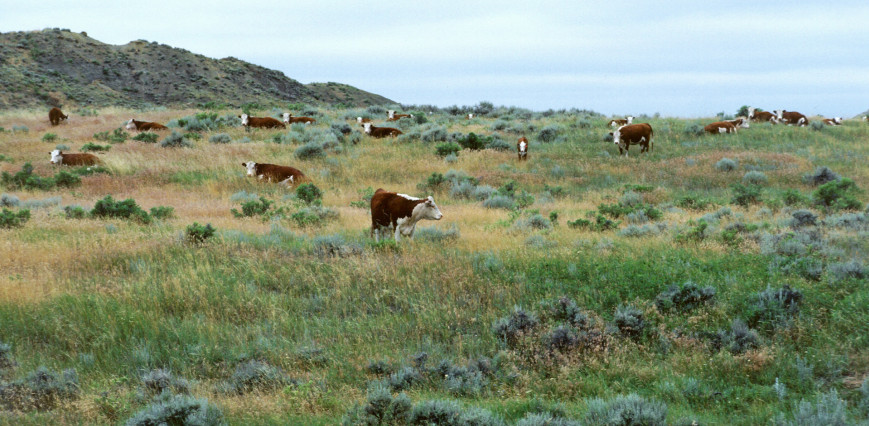
 When it comes to reducing greenhouses gases, every little bit helps, and that includes managing the greenhouse gases produced by how we grow our food. Raising livestock and growing crops both generate greenhouse gases, and to gauge their impact, a new study takes the long range view. The results were published in a paper: “Measuring and mitigating agricultural greenhouse gas production in the U.S. Great Plains, 1870-2000” in the Proceedings of the National Academy of Sciences. It analyzes 100 years of agricultural production, and it takes this look at farming close to home – it focuses on the bread basket of the United States – the Great Plains, which includes eastern Colorado. Here to tell us more are scientists
When it comes to reducing greenhouses gases, every little bit helps, and that includes managing the greenhouse gases produced by how we grow our food. Raising livestock and growing crops both generate greenhouse gases, and to gauge their impact, a new study takes the long range view. The results were published in a paper: “Measuring and mitigating agricultural greenhouse gas production in the U.S. Great Plains, 1870-2000” in the Proceedings of the National Academy of Sciences. It analyzes 100 years of agricultural production, and it takes this look at farming close to home – it focuses on the bread basket of the United States – the Great Plains, which includes eastern Colorado. Here to tell us more are scientists 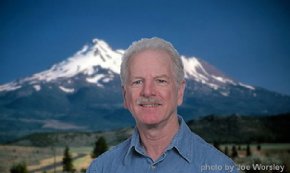
 Ketones (start time 6:40) A growing body of scientific research demonstrates health benefits for many people with a diet that’s lower in carbohydrates, and higher in fats. In fact, some of this research indicates great therapeutic benefits,. One reason why may be that, when carbohydrate consumption is low enough, the body enters a state of “nutritional ketosis,” where it transforms fats into a molecule called, beta-hydroxy-butyrate, or “ketones”. In the absence of sugar and carbs, the body can use ketones as its primary fuel.
Ketones (start time 6:40) A growing body of scientific research demonstrates health benefits for many people with a diet that’s lower in carbohydrates, and higher in fats. In fact, some of this research indicates great therapeutic benefits,. One reason why may be that, when carbohydrate consumption is low enough, the body enters a state of “nutritional ketosis,” where it transforms fats into a molecule called, beta-hydroxy-butyrate, or “ketones”. In the absence of sugar and carbs, the body can use ketones as its primary fuel.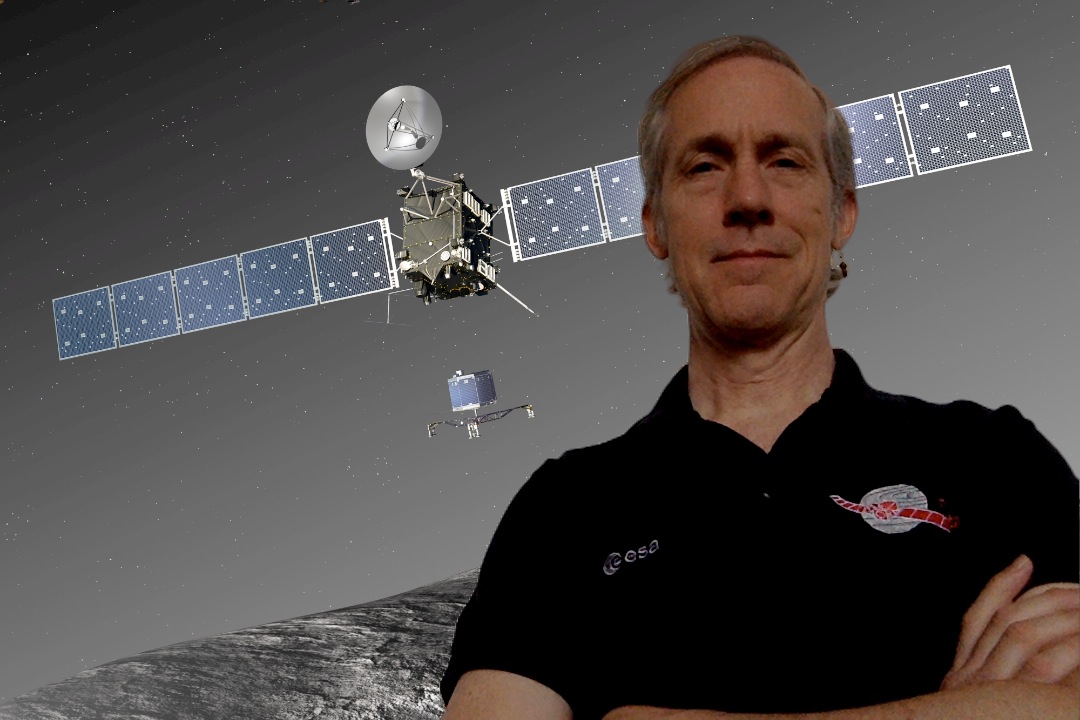
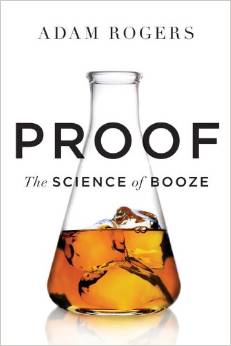 Proof: The Science of Booze (starts at 8:09): Science journalist
Proof: The Science of Booze (starts at 8:09): Science journalist 